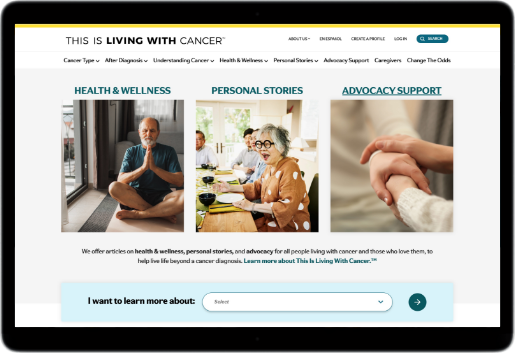Do not take BOSULIF if you are allergic to bosutinib or any of the ingredients in BOSULIF.
Before you take BOSULIF, tell your doctor if you:
- have liver problems
- have heart problems
- have kidney problems
- have high blood pressure
- have diabetes
- are pregnant or plan to become pregnant. BOSULIF can harm your unborn baby. Tell your doctor right away if you become pregnant while taking BOSULIF
- Females who are able to become pregnant should have a pregnancy test before starting treatment with BOSULIF and should use effective birth control (contraception) during treatment with BOSULIF and for at least 2 weeks after the last dose. Talk to your doctor about birth control methods that may be right for you
- are breastfeeding or plan to breastfeed. It is not known if BOSULIF passes into your breast milk or if it can harm your baby. Do not breastfeed during treatment with BOSULIF and for at least 2 weeks after the last dose
Tell your doctor about the medicines you take, including prescription medicines, over-the-counter medicines, vitamins, and herbal supplements. BOSULIF and certain other medicines can affect each other.
The most common side effects of BOSULIF in adults and children with CML include diarrhea, stomach (abdominal) pain, vomiting, nausea, rash, tiredness, liver problems, headache, fever, decreased appetite, respiratory tract infections (infections in nose, throat, or lungs), constipation, and changes in certain blood tests. Your doctor may do blood tests during treatment with BOSULIF to check for changes.
Tell your doctor or get medical help right away if you get respiratory tract infections, loss of appetite, headache, dizziness, back pain, joint pain, rash, or itching while taking BOSULIF. These may be symptoms of a severe allergic reaction.
Your doctor may change your dose, temporarily stop, or permanently stop treatment with BOSULIF if you have certain side effects.
BOSULIF may cause fertility problems in both female and male patients. This may affect your ability to have a child. Talk to your doctor if this is a concern for you.
Tell your doctor if you have any side effect that bothers you or that does not go away. These are not all of the possible side effects of BOSULIF. For more information, ask your doctor or pharmacist. You may report side effects to FDA at 1-800-FDA-1088.
INDICATIONS
BOSULIF is a prescription medicine used to treat:
- adults and children 1 year of age and older who have a certain type of leukemia called chronic phase (CP) Philadelphia chromosome-positive chronic myelogenous leukemia (Ph+ CML) who are newly diagnosed or who no longer benefit from or did not tolerate other treatment
- adults with accelerated phase (AP) or blast phase (BP) Ph+ CML who can no longer benefit from or did not tolerate other treatment
It is not known if BOSULIF is safe and effective in children less than 1 year of age with CP Ph+ CML who are newly diagnosed or who no longer benefit from or did not tolerate other treatment or in children with AP Ph+ CML or BP Ph+ CML.





